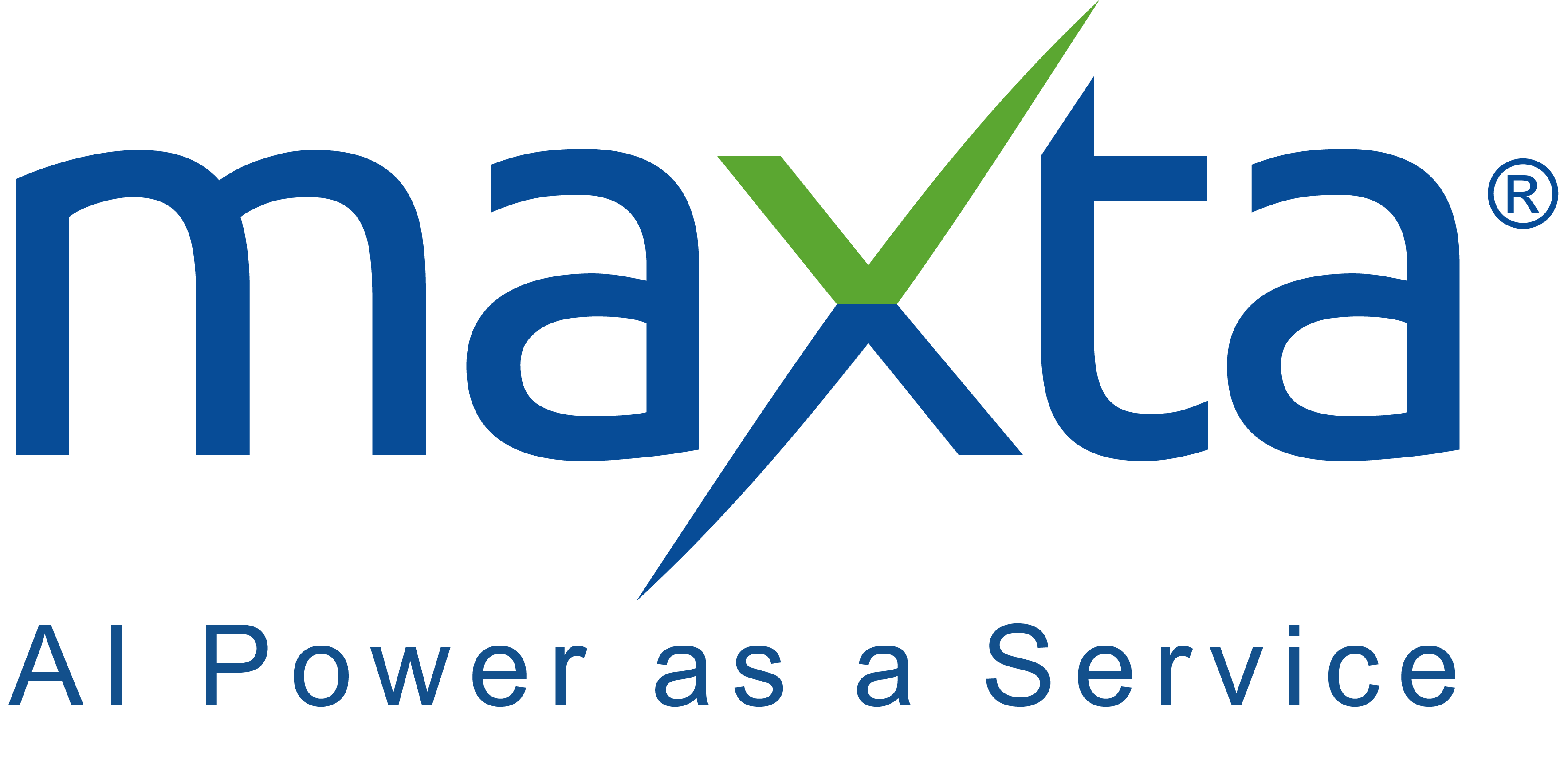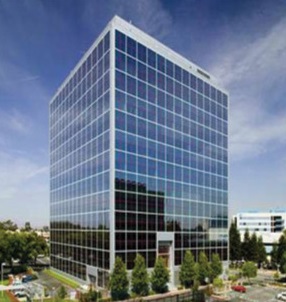
Recently, VMworld 2019 was successfully held in the United States. Maxta, a subsidiary of Huayun Data, was invited to the conference as an important partner, showcasing the latest development of super-convergence technologies and industry application cases.
VMWorld brings together the world’s top manufacturers and more than 20,000 thought leaders, industry experts and IT professionals. This conference provided an interactive exchange platform and immersed the attendees in the latest virtualization and cloud technologies. Furthermore, it provided a platform for educating business professionals on using these technologies to help their customers shape their software-defined enterprises while simplifying their IT infrastructure in the process.
When people talk about the various emerging IT technologies involved in cloud computing, hyper-convergence is a hot topic that cannot be avoided. In this era of digital transformation, enterprises’ go-cloud is becoming the definite trend, and gradually entering the people’s field of vision is super-convergence; a revolutionary IT infrastructure that is far superior to the traditional architecture in terms of cost performance and ease-of-use by integrating network, storage, compute, virtualization and management in a single platform. In the United States, hyper-convergence has evolved from a niche market to a mainstream choice for enterprises to build their data centers. Whether in the private cloud markets or in similar technology markets, its penetration rate continues to increase.
The key to a successful hyper-convergence product is to cut the time for deployment and implementation, to manage applications easily, and to scale out and interface seamlessly. For traditional information foundations, hyper-convergence is undoubtedly a successful advancement and is also seen as an important basis for building the next generation of SDDC (Software-defined Data Center). More importantly, hyper-convergence also tends to be software-delivered.

Maxta is a hyper-convergence software company, whose products are not only easy to manage and use, but also have excellent storage performance, simplifying management while being more affordable than traditional SANs and arrays. Maxta can fully meet user expectations while saving 80% of costs.
Maxta hyper-convergence solutions stand out from the competition, whose applications must run on separate clusters. Maxta allows customers to run mixed workloads on the same cluster, thus reducing costs while improving application performance by 25%. This allows customers to implement new services quickly.
Since its establishment a decade ago, Maxta’s hyperconvergence software products have been recognized in the market due to their support for cloud and virtualized deployments, while being independent from any specific hardware vendor. They have helped users in many industries, including governments, manufacturing, finance, healthcare, energy, power, education, transportation and Internet to implement software-defined data centers and to complete their transformational practices leading to its wide acclaim from users and partners.
In June of this year, a well-known database company in the United States completed the business transformation by using Maxta. As this database company began to grow, it needed to deploy a strong and cost-effective IT infrastructure. To this end, the company tried many different solutions including public clouds, traditional SANs, etc. However, they identified various problems in management complexity and cost, eventually leading to hyper-convergence solutions. After carefully understanding the capabilities of each vendor’s hyper-convergence solutions and evaluating the costs of each, this database company finally chose Maxta, which can achieve flexible expansion and leverage legacy hardware.
Why choose Maxta? Because Maxta allows users to directly download hyper-convergence software to the server easily, and the products can be pre-installed and pre-configured on any brand of X86 servers including Cisco, Dell/EMC, HP, Huawei, Intel, Lenovo, Quanta, AMD and most other server brands. When making storage expansion, Maxta’s users can increase storage space by adding or replacing drives, without needing to add new hyper-convergence devices. Unlike many traditional hyper-convergence products which have to place individual applications on separate clusters, Maxta can run multiple workloads on a single cluster, saving costs and improving application performance.
For enterprises, an “efficient, low-cost and easy-to-maintain” IT architecture is essential for their digital transformation, and Maxta allows businesses to achieve this. At present, both the traditional server and storage vendors and the emerging software-defined vendors are constantly introducing hyper-convergence products. In the face of fierce market competition, Maxta which is now in the family of Huayun Data, will utilize a new look and strong international resources, to bring to more customers the power to transform their cloud infrastructure in a convenient and fast manner.


 Maxta Introduces VMware Escape Pod
Maxta Introduces VMware Escape Pod


